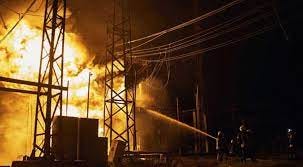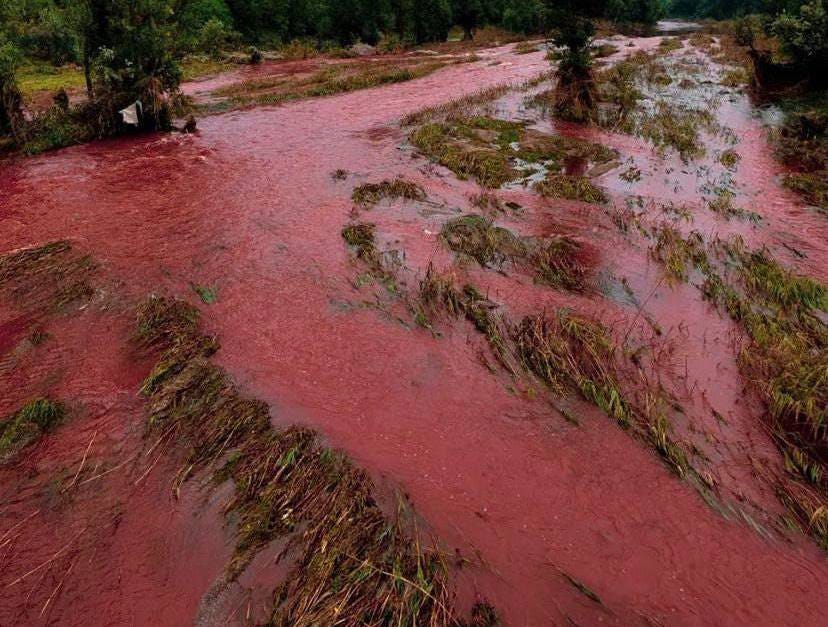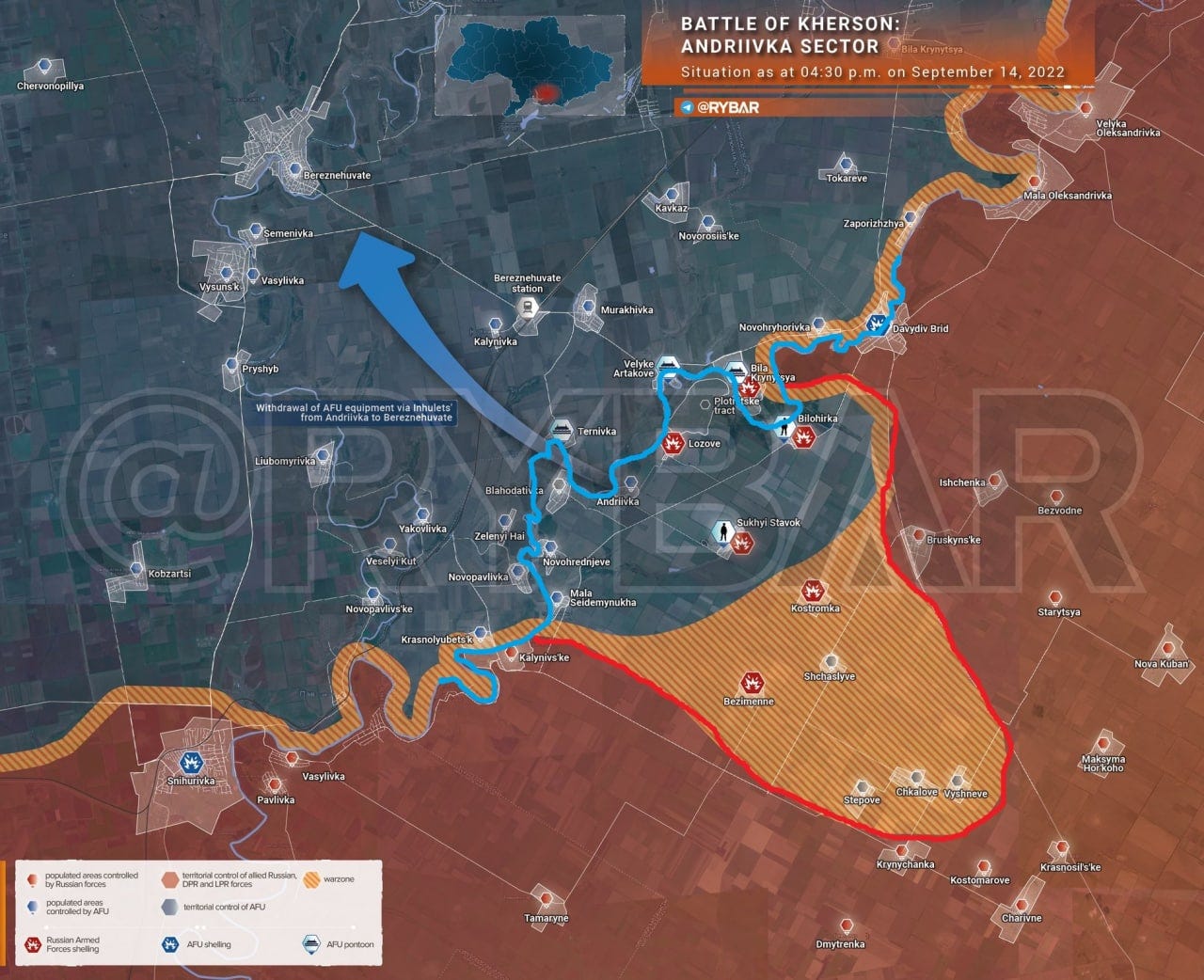Russian Strikes Now Target Ukrainian Infrastructure
A Demonstrative Warning of the Nature of the War to Come
Russian Strikes Now Target Ukrainian Infrastructure
Throughout the course of the now seven-month Russian intervention in the Ukrainian civil conflict, in line with the self-imposed legal limits of its classification as a Special Military Operation, Russia has by and large refrained from attacking Ukrainian infrastructure in any serious and systemic way. The lights, phones, and internet stayed on, the water flowed, and the trains ran.
This is a drastic difference from the US style of “shock and awe” bombing war, where a typical U.S. attack on a foreign country, such as in the invasion of Iraq, begins with a swarm of cruise missiles followed by heavy bombing targeting the countries basic infrastructure so that electricity and water supply will be immediately cut off to the population.
The Russian rationale for the intervention has been from the beginning that they are not at war with the Ukrainian people as a whole, just the West-backed Putsch regime and its Banderite battalions that seized control of much of the country in 2014.
However, in the last week, that seems to have dramatically changed. The kid’s gloves may be starting to come off.
Ukrainian infrastructure - electricity and power stations followed by several dams - was destroyed, causing blackouts throughout the country and flooding portions of the south.
The Russian MoD has never specifically mentioned these strikes in its daily briefings detailing the targets and developments of its military operation. Neither has the Kremlin said anything about it. This has led Russian and pro-Russian social media channels to a bout of black humour about the “Ukrainians bombing their own infrastructure”, sarcastically referencing continual Kiev regime claims, parroted dutifully and uncritically by the Western MSM, during the last eight years of conflict in the country that they have never shelled anything, whether cities in the Donbass or recently the Zaporozhe Nuclear Power Plant, that its always those crazy “pro-Russian separatists” and now Russians, bombing themselves.
However, it is almost certain that these were Russian cruise missile strikes.
The reasons for the suddenly targeting Ukrainian infrastructure however have little to do with a knee jerk retaliation for being outmaneuvered and forced to prioritize and withdraw from Kharkov.
First the strikes follow recent Kiev regime strikes on electrical infrastructure, in Donbass, which they have also done regularly for the last eight years, and recently again with artillery strikes across the border into the Belgorod region of Russia, causing temporary blackouts there. More than a month of Kiev artillery strikes, drone attacks, and commando raids on the Russian-held Zaporozhe Nuclear Power Plant have finally forced the complete shutdown of it as well to avert the potential of a nuclear disaster.
So - a quid pro quo retaliation on Ukrainian infrastructure was entirely called for.
Secondly there is a tactical rationale for the strikes.
As both sides race troops against the clock to the south towards impending new Kiev regime counteroffensives in Zaporozhe and from Ugledar towards Mariupol, temporarily shutting down electricity supplies inhibited the Kiev regime’s movement of troops and military equipment by train, which are powered by electricity, buying Russia crucial hours in this battle of logistics capability.
Likewise, repeated recent Russian missile strikes against reservoir dams in the city of Krivoy Rog have flooded the Ingulets River washing away the pontoon bridges that Kiev regime forces had erected across and were still using for their halted and failing counteroffensive on Russian-held Kherson. This effectively creates a cauldron of Kiev regime forces in their small bridgehead pocket in Russian lines, allowing them to be mopped up without hope of retreat, resupply, or reinforcement.
Right now, these new strikes on selected Ukrainian infrastructure appear to be specific, tactical, and retaliatory. But the potential is now demonstrated that they could become systemic and much larger in scale.
In regards to the Russian intervention and the self-imposed internal rules of the “Special Military Operation” the Russian President warned that “Everyone should know that, by and large, we have not started anything in earnest yet.”
Now we have seen a glimpse of what it might look like if the self-imposed limitations of the Russian special military operation were lifted and the kid’s gloves taken off.
Warning shots have been fired.




